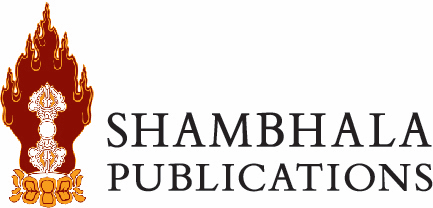How have the Buddha’s teachings been reimagined for the modern world? What versions of the dharma are being transmitted in the West? Is Buddhism today a religion, a philosophy or a lifestyle choice?
Join Tricycle and Shambhala Publications for a live speaker series to celebrate the launch of the new anthology, Secularizing Buddhism: New Perspectives on a Dynamic Tradition. In this week-long conversation series, Buddhist scholars and practitioners explore the complex interactions between traditional Buddhism and modern secularism, from the integration of mindfulness into American schools to the question of rebirth.
All live sessions will be recorded for later viewing. Register today to receive a special code for 30% off Secularizing Buddhism!
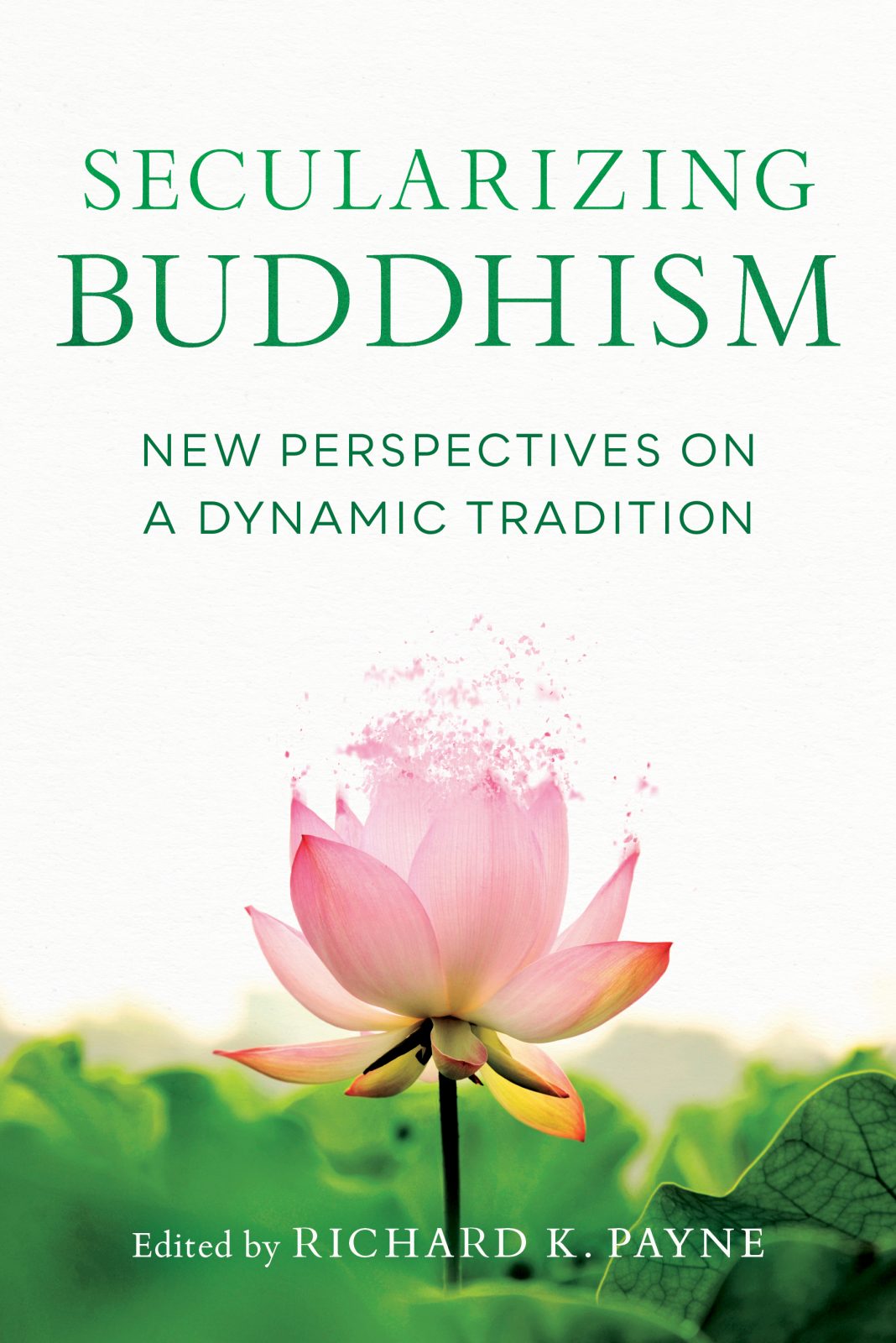
Events
Richard Payne in conversation with James Shaheen: Revisioning Buddhism For the Modern World
The oppositions of East and West, tradition and innovation, religious and secular have shaped the contemporary Buddhist landscape. Secularizing Buddhism editor Richard Payne asks: How can we move beyond binaries to envision the future of the dharma? In this kick-off event, Payne joins Tricycle editor-in-chief James Shaheen to explore secularization as a dynamic and ongoing process changing the ways we think and talk about what Buddhism is. They will discuss the history of Buddhist modernism, the importance for practitioners to understand the assumptions and implications of secularization, and the path to creating a more open and fluid relationship between tradition and modernity.
American Cultural Baggage: Funie Hsu in conversation with Chenxing Han on Race, Secularism, and Mindfulness
What does race have to do with secularism? Secularism is often thought of as a neutral process—but Funie Hsu’s research shows us how race is deeply intertwined in the secularization of Buddhism in America. In this conversation with Be The Refuge author Chenxing Han, Dr. Hsu discusses how these dynamics play out in mindfulness programs in American schools, and the lived impact of racialized secularization for Asian Americans.
Ven. Bhikkhu Bodhi in Conversation with Gil Fronsdal: Preserving the Path to Awakening
Western Buddhism focuses on existential and psychological issues over the pursuit of awakening as described in traditional Buddhist texts. American Theravada monk Ven. Bhikkhu Bodhi explores how this orientation is rooted in key factors behind the first wave of Western interest in the dharma in the 1960s. In conversation with Insight Meditation teacher and author Gil Fronsdal, Ven. Bodhi argues that core tenets of the traditional Buddhist worldview should be preserved so as to protect the future of the dharma as a genuine path to liberation.
Roger Jackson in conversation with Jay Garfield: The Question of Rebirth in Modern Buddhism
Do you have to believe in rebirth to be a Buddhist? While belief in rebirth is central to traditional Buddhist cosmology, Western secular Buddhism does not adopt a belief in past or future lives. Roger Jackson, emeritus professor of Asian studies and religion at Carleton College and author of Is Enlightenment Possible?, joins philosophy professor and Tibetan Buddhism scholar Jay Garfield to explore both sides of the debate over whether one can be Buddhist without believing in rebirth— and to consider what this debate reveals more broadly about Buddhist modernism.
Speakers
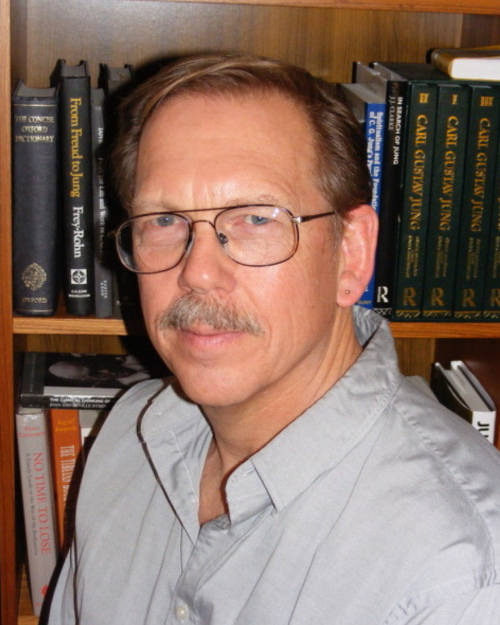
Richard K. Payne
Richard K. Payne is Yehan Numata Professor of Japanese Buddhist Studies at the Institute of Buddhist Studies, Berkeley. For over four decades he has studied tantric Buddhist practices, which led him to Japan for research on the Shingon tradition. In addition to his academic research at Mt. Koya, the main training center for Shingon, he completed his training and was initiated as an ajari (acarya). He is the co-editor of Homa Variations, co-editor-in-chief of the Oxford Encyclopedia of Buddhist Studies, and editor of Secularizing Buddhism: New Perspectives on a Dynamic Tradition.
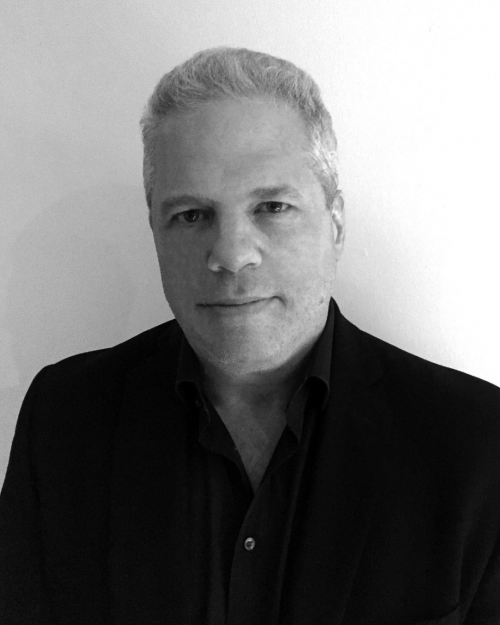
James Shaheen
James Shaheen, Tricycle’s Editor-in-Chief, began his Buddhist practice in the mid-1990s, studying with teachers from a number of Buddhist traditions. He is particularly interested in Buddhism’s growth in the West and its applicability to Western politics, culture, and everyday life. He has been with Tricycle for nearly 25 years.
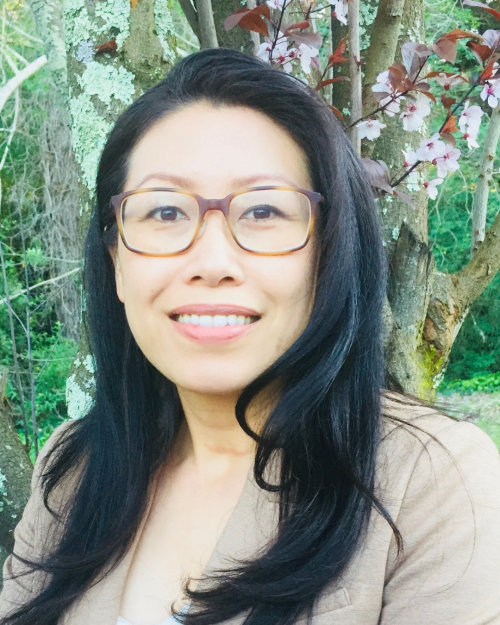
Funie Hsu
Funie Hsu is Associate Professor of American Studies at San José State University. She holds a Ph.D. from the University of California, Berkeley, an Ed.M. from the Harvard Graduate School of Education, and a B.A. from the University of California, Davis. Her prior experience as an elementary school teacher informs her scholarship on education, empire, Buddhism, mindfulness, and race. She is the author of the forthcoming book Instructions for (Erasing) Empire: English, Domestication, and the US Colonization of the Philippines.
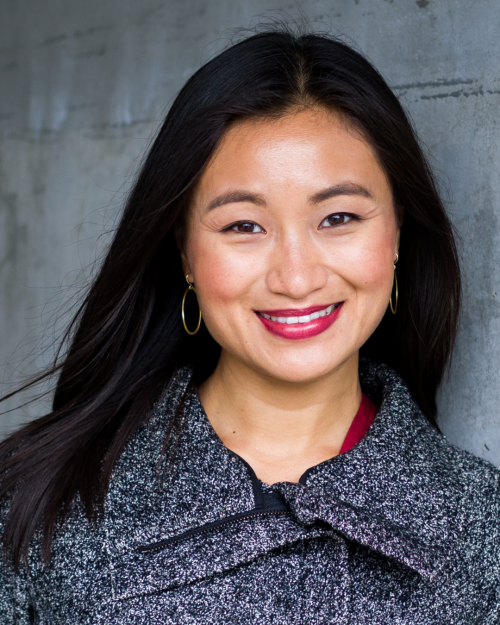
Chenxing Han
Chenxing Han is the author of Be the Refuge: Raising the Voices of Asian American Buddhists. She holds a BA from Stanford University, an MA in Buddhist Studies from the Graduate Theological Union, and a certificate in Buddhist chaplaincy from the Institute of Buddhist Studies in Berkeley California.
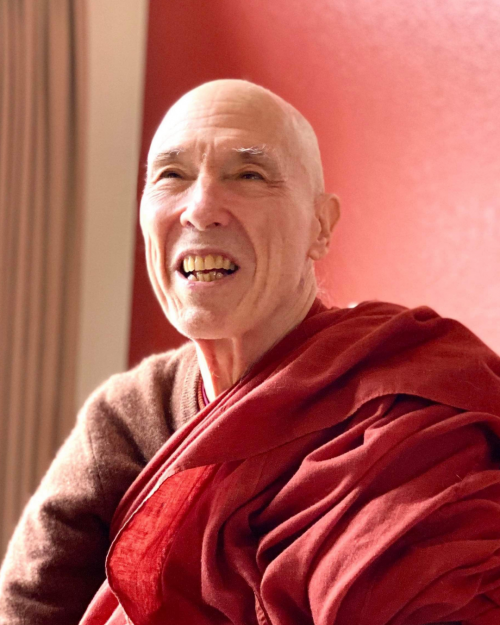
Ven. Bhikkhu Bodhi
Ven. Bhikkhu Bodhi is an American Buddhist monk from New York City. He obtained a BA in philosophy from Brooklyn College and a PhD in philosophy from Claremont Graduate School. After completing his university studies, he traveled to Sri Lanka, where he received novice ordination in 1972 and full ordination in 1973. He is president of the Buddhist Association of the United States and the founder and chair of Buddhist Global Relief. Bodhi currently lives and teaches at Chuang Yen Monastery in Carmel, New York.
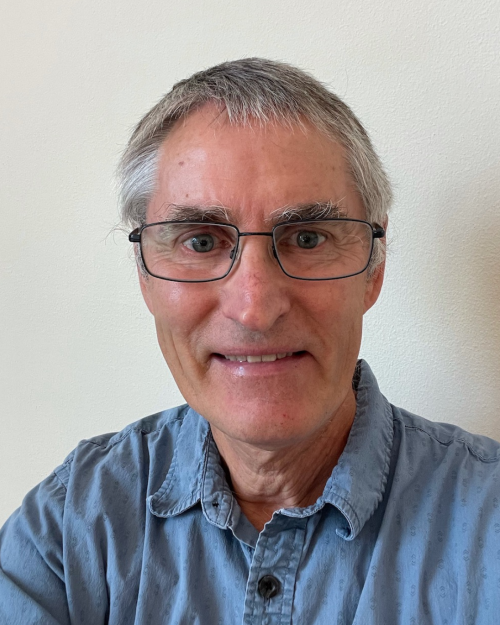
Gil Fronsdal
Gil Fronsdal is the founding teacher, and a co-guiding teacher, at the Insight Meditation Center in Redwood City, California and the Insight Retreat Center in Santa Cruz, California. He has been teaching since 1990. Gil has practiced Zen and Vipassana since 1975 and has a Ph.D. in Buddhist Studies from Stanford. He is a husband and father of two boys.
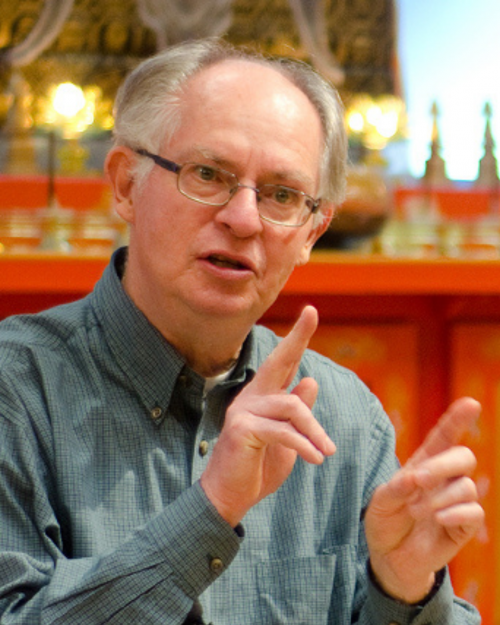
Roger Jackson
Roger Jackson is John W. Nason Professor of Asian Studies and Religion, Emeritus, at Carleton College, where he taught the religions of South Asia and Tibet. His scholarly interests include Indian and Tibetan Buddhist systems of philosophy, meditation, and ritual; Buddhist religious poetry; the study of mysticism; religion in Sri Lanka; and the contours of modern Buddhist thought. He is the author of numerous books including Is Enlightenment Possible? and Tantric Treasures. He has two books forthcoming from Shambhala Publications: Rebirth: A Guide to Mind, Karma, and Cosmos in the Buddhist World and Saraha: Poet, Mystic, Philosopher.
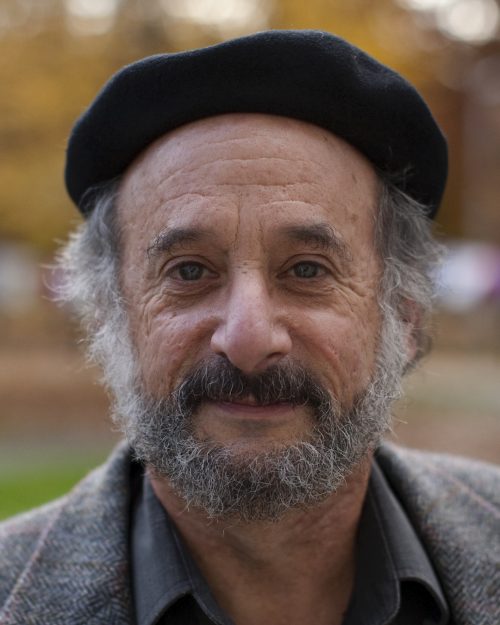
Jay Garfield
Jay Garfield chairs the Philosophy department and directs the Tibetan Studies in India program at Smith College. He is also visiting professor of Buddhist philosophy at Harvard Divinity School, professor of philosophy at Melbourne University and adjunct professor of philosophy at the Central Institute of Higher Tibetan Studies. His books include Knowing Illusion: Bringing a Tibetan Debate into Contemporary Discourse and Buddhist Ethics: A Philosophical Exploration. Academicinfluence.com has identified him as one of the 50 most influential philosophers in the world over the past decade.


